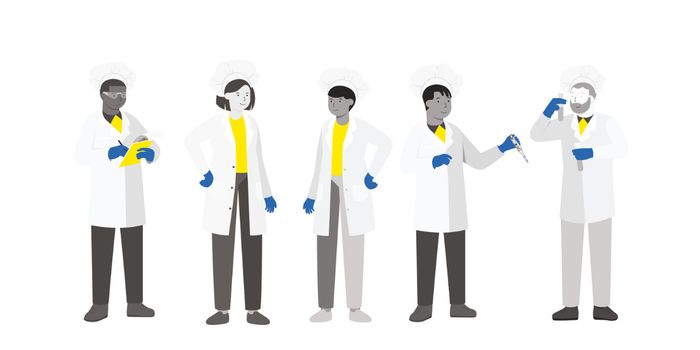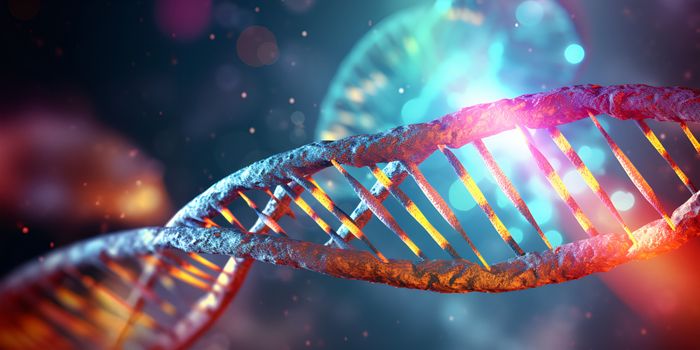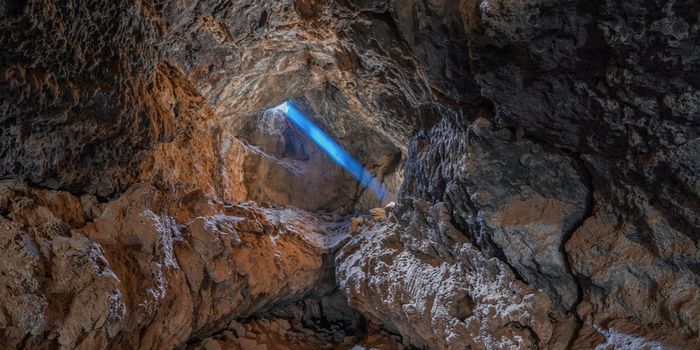A Bacterial Toxin That Promotes Colorectal Cancer Metastasis
The trillions of microbial cells in our gastrointestinal tract have their own genomes and metabolic products, many of which can affect human biology, and some of them can be beneficial, while others are harmful. Researchers have now shown that a toxin, which is generated by a common bacterium that contaminates food and causes illness, can promote the metastasis of colorectal cancer. Cancer is well known to be at its most dangerous when it spreads to other parts of the body, or metastasizes. This study has suggested that taking aim at this bacterial toxin could be one way to prevent the worst outcomes from colorectal cancer. The findings have been reported in Cell Host & Microbe.
"This work contributes to a new understanding of how bacterial toxins promote colorectal metastasis, opening novel screening approaches to predict at-risk patients," said senior study author Christian Jobin, PhD, a Professor at the University of Florida College of Medicine.
The bacterium Campylobacter jejuni (C. jejuni) is a common cause of foodborne illness in the United States. Some types of the diarrhea-causing pathogen also generate a toxin known as cytolethal distending toxin, or CDT. This team has previously shown that CDT is a major player in colorectal cancer development in a mouse model.
In this research, the investigators assessed tissue samples from colorectal cancer patients, 34 of whom had primary colorectal cancer that metastasized, and another 37 colorectal cancer patients whose cancer had not metastasized within three years of diagnosis.
In many of the patients with metastatic colorectal cancer, there were detectable levels of C. jejuni compared to samples that had not metastasized. The patients who carried C. jejuni bacteria also had worse outcomes compared to those who did not.
These findings were also confirmed in much larger datasets that include metagenomic data from cancer samples, which can reveal all of the DNA associated with that cancer, including that of any microbes in the tumor microenvironment.
"These findings confirmed that CDT is essential for the bacteria's role in promoting cancer spread," Jobin said. "When bacteria that produce CDT move to tumors outside the gut, it appears to accelerate the spread of these tumors."
In a variety of models including human colorectal cancer tissue, models generated from patient cell lines, and mouse models of metastatic lung and liver tumors, the bacterial toxin was found to increase the activity of certain enzymes and boost a signaling pathway in cancer cells that has been linked to metastasis.
There are some drugs now in clinical trials that aim to disrupt this pathway, and these findings may improve the development or application of those drugs.
More research will be needed to understand how bacteria might be migrating from the gut to locations where there are tumors, and how the bacterial toxin promotes certain biochemicals pathways.
Sources: University of Florida, Cell Host & Microbe









